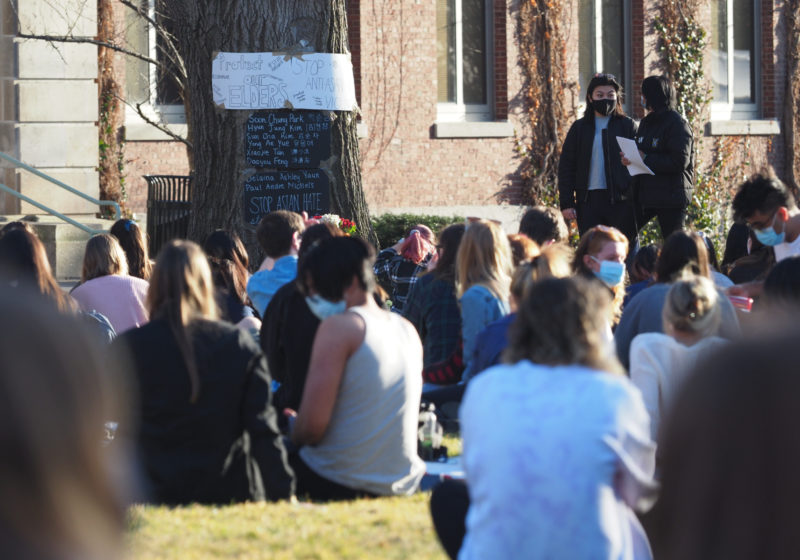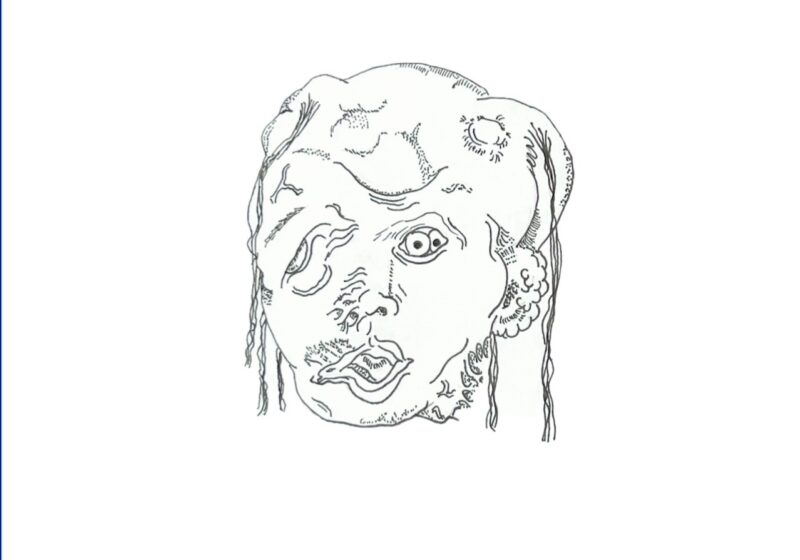On March 16, eight people — almost all of them Asian women — were killed in a series of shootings in Atlanta. UR has been affected by these events not only because they hurt the entire country, but because the violence committed against the women in Atlanta happened to people who looked like students here.
The current members of this Editorial Board are all white. We aren’t writing this article to speak on behalf of Asian communities on or off campus. We’re writing to those privileged enough not to have to advocate for their community’s dignity.
You have a responsibility to vocally and actively support the students of color at the University who have been fighting for equity — both within the University and without — since long before you got here. You have a responsibility to listen to them. Not to repurpose or talk over their stories, but to actually listen. With empathy, patience, and the communal affection that this campus proved itself capable of at the vigil last Sunday night.
It’s impossible to know about every human rights issue in the world. But you have a moral obligation to look for the way institutional issues touch your life, because they do. As we’re hopefully all aware, that doesn’t just include surface-level acts like posting a graphic on social media. It involves being there for your Asian friends, and fighting anti-Asian racism when you have the chance.
There were a lot of people at the vigil for the victims of the Atlanta shooting. For many, it was probably the first time they’ve actively engaged with efforts to stop Asian hate. For some, it will probably be their last. Not because they don’t care, but because it takes effort, energy, and thought, and those are limited resources on a college campus. Especially this year.
But that doesn’t mean it’s okay to let this issue drop. We can’t tell you how to be an ally to Asians in America. But we can repeat what several members of the community said at the vigil:
Rethink how you conceptualize and talk about Asians and Asian-Americans.
Rethink when you assume an Asian person’s nationality, or when you group all Asian countries and cultures into the same category. Rethink your racist assumptions about academic performance of Asian students. Rethink narratives rooted in the model minority myth. And rethink keeping your mouth shut when your friend makes a joke at the expense of an oppressed group.
“Asians” is an umbrella term. Treat it as a diverse, complex community with rich histories and many cultures. The issues that affect this community are intersectional, especially in that the misogynistic fetishization of Asian women fueled this attack.
You don’t have to dedicate your life to stopping anti-Asian hate. You have your own life to live. But Asians in America spend their whole lives suffering from the effects of that hate. And it’s important that you do more than just attend a single vigil.




